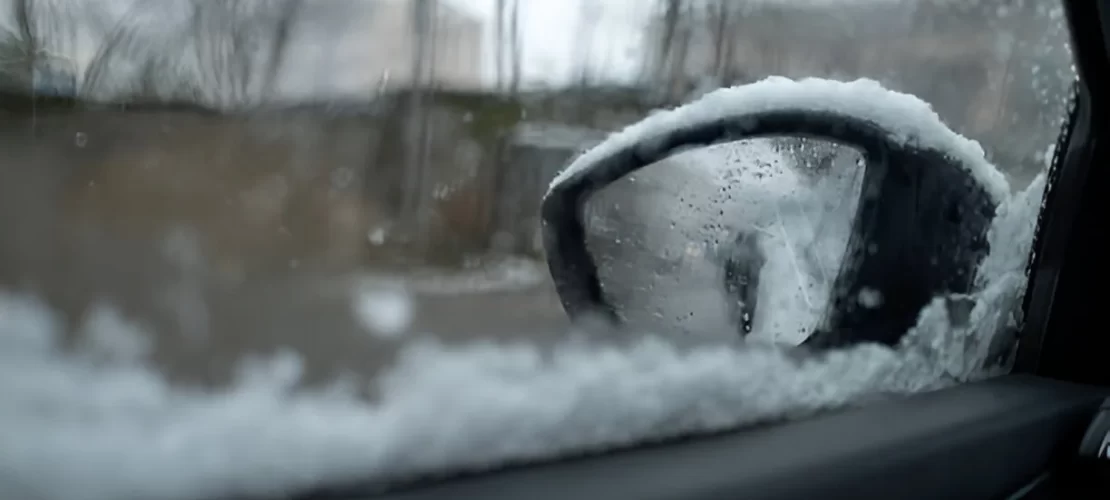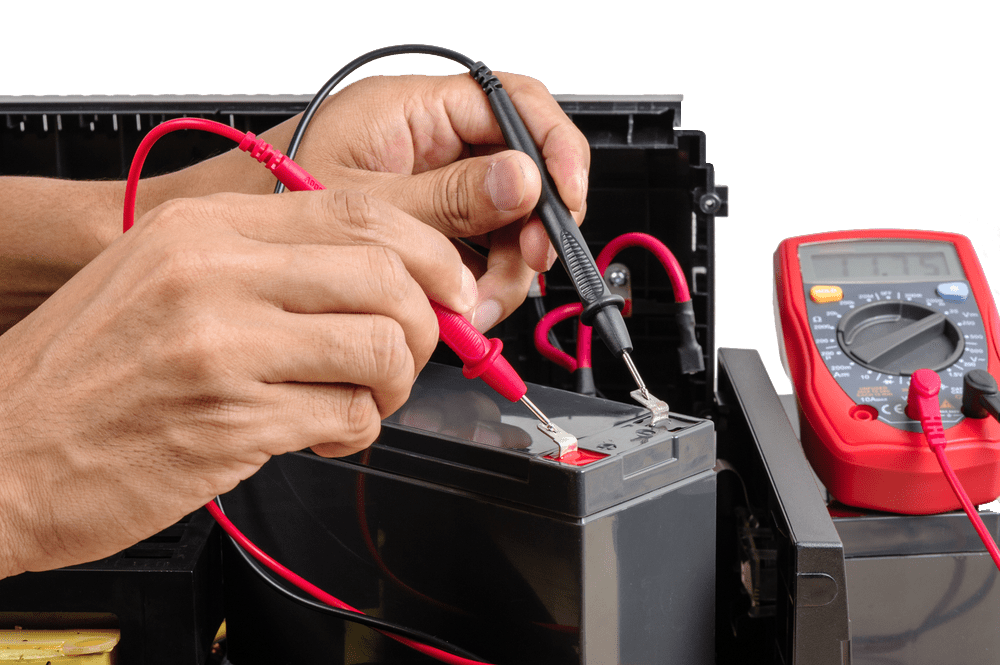- 17 Nov 2024
Cold Weather Issues That Cause Car Battery Drain

As an experienced driver, We understand the frustration that comes with a drained car battery, especially during the chilly winter months. In this article, we’ll delve into the common causes of car battery drain in cold weather and explore effective troubleshooting techniques to help you keep your vehicle running smoothly all year round.
Introduction to “Car Battery Drain”
Car batteries are the unsung heroes of our vehicles, powering everything from the headlights to the infotainment system. However, when the temperatures drop, these essential components can become vulnerable to a phenomenon known as “car battery drain.” This occurs when the battery’s charge is depleted, leaving you stranded and in need of a jump-start or battery replacement.
Understanding the Impact of Cold Weather on Car Batteries
Cold weather can have a significant impact on the performance and lifespan of your car battery. As the temperature drops, the chemical reactions within the battery slow down, reducing its ability to hold a charge. This can lead to a gradual loss of power, making it harder for the battery to start your vehicle, especially in the morning when the engine is cold.
Common Signs and Symptoms of “Car Battery Drain” in Cold Weather
Recognizing the signs of car battery drain is crucial for addressing the issue before it becomes a major problem. Some of the most common indicators include:
- Slow or sluggish engine cranking when starting the car
- Dimming or flickering headlights
- Reduced power to the electrical systems, such as the radio or dashboard lights
- Frequent need for jump-starts or battery replacements
If you notice any of these symptoms, it’s important to take action to prevent further battery drain and potential breakdowns.

How to Prevent “Car Battery Drain” in Cold Weather
Proactive measures can go a long way in keeping your car battery healthy and resilient during the winter months. Here are some tips to help prevent “car battery drain”:
- Regularly Check and Maintain the Battery: Inspect the battery terminals for corrosion and clean them if necessary. Ensure the battery is securely mounted and the connections are tight.
- Use a Battery Charger or Maintainer: Consider investing in a smart battery charger or maintainer, which can help keep your battery at the optimal charge level and prevent overcharging.
- Avoid Excessive Electrical Loads: Limit the use of high-power accessories, such as the heater, radio, or lights, when the engine is not running to prevent draining the battery.
- Park in a Garage or Covered Area: Keeping your car out of the elements can help insulate the battery and reduce the impact of cold temperatures.
- Start the Engine Regularly: If your car is parked for extended periods, start the engine and let it run for a few minutes to help recharge the battery.
Testing Your Car Battery for Cold Weather Issues
Regularly testing your car battery can help you identify potential issues before they become a problem. You can use a voltmeter or a battery tester to check the battery’s voltage and cranking power. If the readings are below the manufacturer’s specifications, it may be time to consider a battery replacement or further troubleshooting.
Troubleshooting “Car Battery Drain” in Cold Weather
If you’re experiencing persistent car battery drain, it’s important to investigate the root cause. Here are some steps you can take to troubleshoot the issue:
- Check for Parasitic Drain: Parasitic drain occurs when electrical components continue to draw power from the battery even when the car is turned off. Use a multimeter to check for any current draw when the vehicle is off.
- Inspect the Alternator: A faulty alternator can prevent the battery from recharging properly, leading to a gradual drain. Have a mechanic test the alternator to ensure it’s functioning correctly.
- Look for Electrical System Issues: Malfunctioning electrical components, such as a short circuit or a faulty wiring harness, can also contribute to battery drain. A thorough inspection by a professional may be necessary.
- Consider Battery Replacement: If the battery is old or damaged, it may be time to replace it. A new battery can provide the necessary power and reliability to withstand the demands of cold weather.
Tips for Maintaining Your Car Battery During Cold Weather
Maintaining your car battery during the winter months can help extend its lifespan and prevent unexpected breakdowns. Here are some additional tips:
- Keep the Battery Clean: Regularly clean the battery terminals and connections to prevent corrosion, which can impede the flow of electricity.
- Use a Battery Warmer: A battery warmer, also known as a battery blanket, can help keep the battery at an optimal temperature, improving its performance in cold weather.
- Avoid Short Trips: Frequent short trips can prevent the battery from fully recharging, leading to a gradual drain. Try to combine errands or allow the engine to run for at least 15 minutes to ensure the battery is adequately recharged.
- Consider a Battery Replacement: If your battery is more than 3-4 years old, it may be time to replace it, as older batteries are more susceptible to cold weather issues.
Conclusion: Taking Care of Your Car Battery in Cold Weather
Maintaining a healthy car battery is essential for reliable and hassle-free driving, especially during the winter months. By understanding the impact of cold weather on your battery, recognizing the signs of battery drain, and implementing proactive maintenance and troubleshooting strategies, you can keep your vehicle running smoothly all year round.
If you’re experiencing persistent car battery issues, don’t hesitate to consult with a professional battery technician. They can provide expert diagnosis and recommendations to help you keep your vehicle’s battery in top condition, even in the face of challenging winter weather. Contact us today to schedule a battery inspection and get your car back on the road ASAP.











